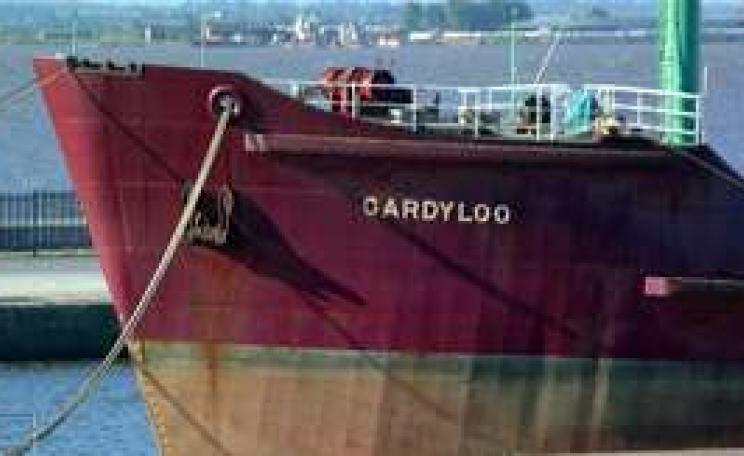If you’re reading this newsletter, you probably don’t need to be convinced about the urgency of climate change. If we are to keep within a temperature increase of 2°C, the UK needs to make cuts in its carbon emissions of 80-90% by 2050. The Tyndall Centre for Climate Research argues this case with great force and clarity.
These targets need to include emissions from all sources. Yet the Draft Climate Change Bill, the Government's flagship policy that proposes to set a legally-binding cap on our carbon emissions, excludes the fastest-growing source of all – international aviation. Emissions from aircraft are on course to take up our entire ‘safe’ carbon budget by 2050, and that’s before you account for the other climate impacts of aviation such as the effects of other exhaust gases at altitude, which make matters between 2 and 4 times worse.
Airline operators like to dismiss this problem by pointing to improvements in fuel efficiency. But whenever you hear that such-and-such a plane is 20% more efficient, remember that only a small number of these will be bought each year - aircraft are expensive and fleets are renewed very slowly. Even with all the gains the industry predicts from better technology and smarter air traffic control, fuel efficiency across the fleet can only improve by 1-2% a year. Meanwhile the industry is growing at 5-6% per year, and emissions are rising as a result.
What should politicians be doing? There are legal barriers to the most obvious measure to tackle the growth in international aviation - a tax on jet fuel. The tax we do have, Air Passenger Duty, needs to be reformed so that it targets emissions not passengers, and raised, so that it reflects the cost to the planet and works to curb demand. The Government needs to include international aviation emissions within the Climate Bill targets. And it should require airlines to include carbon emissions for every flight they advertise, as with car manufacturers.
The Government urgently needs to tear up the 2003 Air Transport White Paper, which set out plans for a massive expansion of the UK’s airports. The approach used for determining airport capacity was an outdated and unsustainable 'predict-and-provide' one – estimate passenger numbers in 2030, then expand airports to match. Nevermind that this growth is fuelled by artificially cheap airfares! Measures to deal with the environmental impacts of the enormous increase in flying came a distant second. The White Paper proposals would also mean some 650,000 people seriously affected by aircraft noise by 2030: nearly a 50% increase on the year 2000. And that’s using the official definition of annoyance, which gives a serious underestimate.
The Government is now proposing to give this policy more weight. Dismayed at the objections to its plans from regional and local authorities, the Government has proposed reforms to the planning system that would allow 'Major Infrastructure Projects' to go through unopposed by local people. The idea is to speed up projects that have been determined to be in the national interest by setting up an ‘Independent Planning Commission’ to rubberstamp them. The problem is that this Government thinks it's in our interests to promote the fastest-growing source of carbon emissions by building more runways, while ignoring those emissions, Enron-style, in its official carbon accounting.
Heathrow is the most visible example, and I urge you all to get down to the Climate Camp this month to protest. But airports are expanding all over the UK, and what is required is no less than a fundamental rethink of our entire aviation policy. Pending that, there should be an immediate halt to airport expansion up and down the country.
See the Tyndall Centre for Climate Research briefing paper on cutting carbon emissions at: http://www.tyndall.ac.uk/publications/briefing_notes/bn17.pdf.
Peter works for the Aviation Environment Federation (AEF), an NGO that campaigns against the adverse environmental effects of aviation. The AEF is a member of anti-aviation campaigning group AirportWatch.
This article first appeared in the Ecologist August 2007



